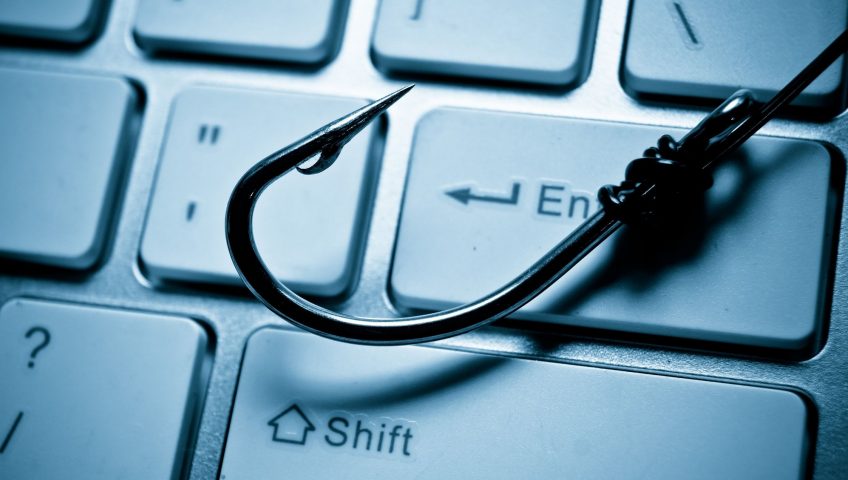We might just about be settling into the ‘new normal’, but you’ve probably heard the warnings that financial scams have been on the rise during the coronavirus outbreak. Indeed, according to the ACCC’s Scamwatch site, thousands of scams exploiting our anxieties over Covid-19 have popped up over the past 12 months. Of course, it’s not just fake Covid-19 cures we need to watch out for, but all of those other attempts to obtain our sensitive personal information (user names, passwords, and bank account or credit card numbers), too. Sometimes, though, when you’re going about your daily life, it can be hard to make a snap judgement about what’s a scam and what’s genuine.
What is phishing?
Phishing is one of the most common attacks performed by cyber-criminals. It involves a scammer contacting you – often by email, but also via social media, a phone call or a text message – and pretending to be from a legitimate business and asking you to verify or update your personal details. Alternatively, the message may notify you of ‘suspicious activity on your account’.
Remember: Phishing messages are becoming ever-more sophisticated and if you click that link, you’re likely to be taken to a website that looks like the real deal (but that will have a slightly different address).
The Australian Cyber Security Centre lists various scam types – including fake fine scams from law enforcement bodies and fake bill scams from power or gas utilities companies. It’s a good idea for you and your business to keep up with what is out there and the various scams that are doing the rounds.
Remember: Scam emails can also be attempts to install malware or ransomware on your computer. For more on malware attacks, read up on our prevention tips here.
Don’t be a victim!
- Never – never ever – click a link to your bank or financial institution from an email. Actually, many security experts would argue that you should never click links in emails, ever.
- Don’t give out your passwords: your password is not something individuals or companies should ever ask for directly. (Oh, and when it comes to passwords, please make them strong – abcd1234 is not an option.)
- If you are at all suspicious about a message, contact the person or business directly – they’ll let you know if the correspondence is legitimate.
- Ignore scary-looking website pop-ups that say you have a virus (and get yourself an adblocker to avoid these annoying, anxiety-provoking scams).
- Use a spam filter to block the majority of email phishing scams from ever reaching you.
Remember: If you think you’ve given over confidential information, contact your bank or financial institution immediately. We also recommend that you report scams via the ACCC Report a Scam page.
Need more help?
Geelong Technology Group have experienced IT technicians ready to help you avoid (or – if it comes to that – deal with the fallout from) phishing emails and other computer scams. We can tailor a security suite – including antivirus software and anti-spam filtering – to your business requirements, design multi-layered back-up solutions and provide virus, spyware and malware removal. Helping homes and businesses in Geelong, Bellarine Peninsula, Surf Coast and surrounding regions with their computer security is what we love to do, so give us a call today on (03) 5244 3030.

